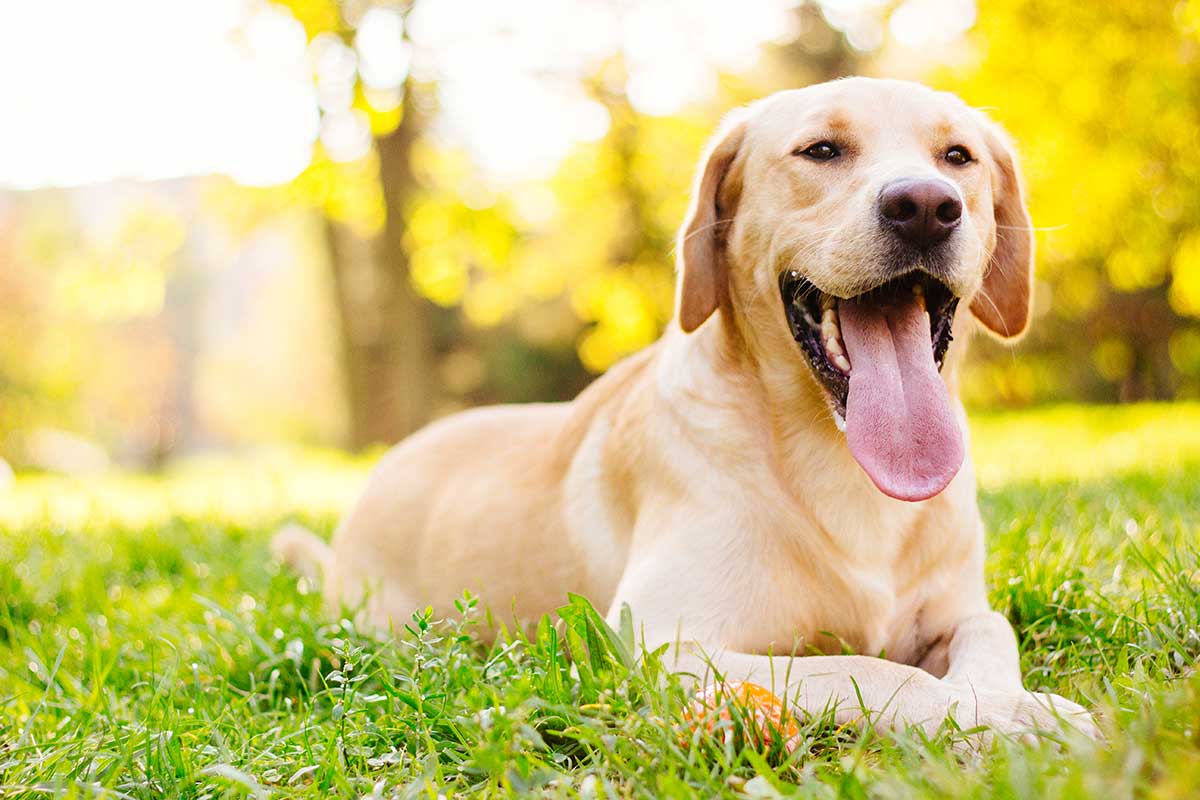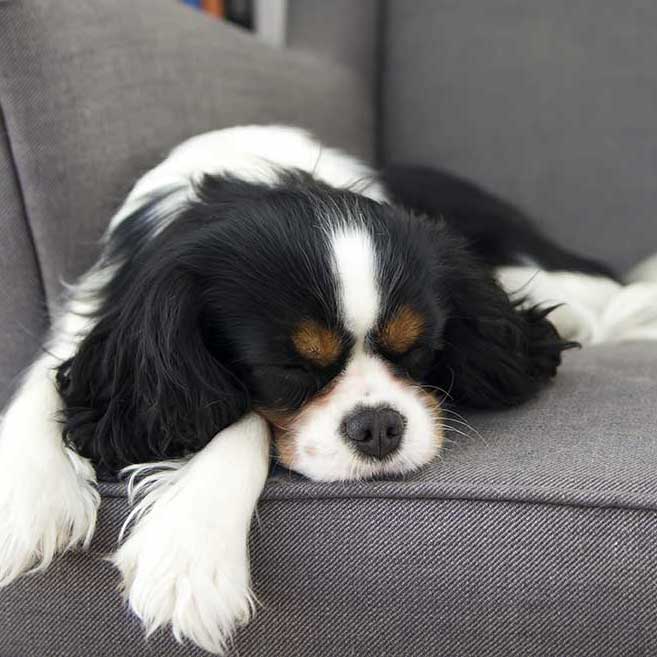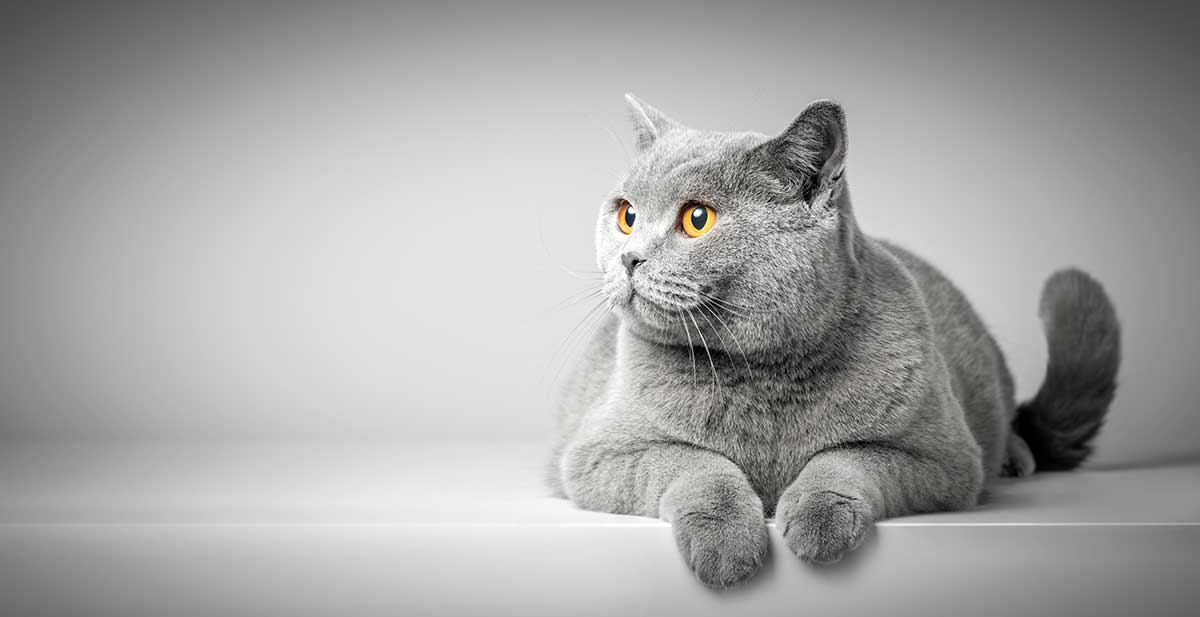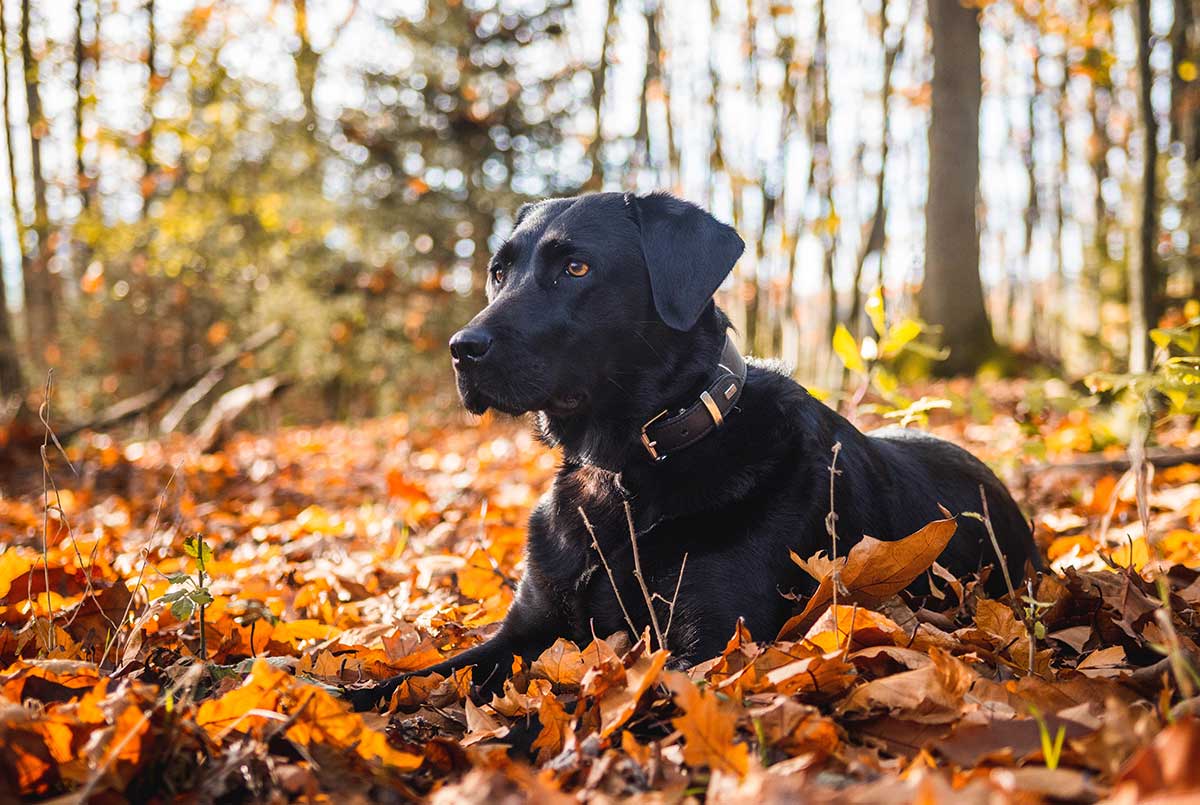
It’s always lovely to be able to enjoy more time outside with pets. However, caring for pets in a heatwave is important to ensure they stay happy and healthy in the sun.
During the summer months, temperatures can reach the 30s and if it’s too hot for you, it’s too hot for your pet. Caring for pets during a heatwave can help prevent unnecessary trips to the vets.
To help care for your pet in hot weather, here are some top tips:
Hot cars
Never leave you pet alone in a car in hot weather. Even for short periods of time, car temperatures can rise fast in the sun and cause serious health problems for pets.
Sunburn
Just like us pets can get sunburnt if they spend too much time in the sun. Pets with light skin and short or thin hair, such as white cats are more susceptible to sensitive skin from the sun. Try to limit the amount of time your pet spends in the sun. You could also use sun cream that is specially formulated for pets.
Protect paws
Be sure to protect your pet’s paws from hot surfaces during the summer. Pavements and surfaces can get hot in high temperatures and could burn your pet’s paws.
Offer shade
Make sure your pet has access to plenty of shade, out of the sun. You could even set up a small paddling pool in your garden to keep your dog cool.
Fresh water
Make sure your pets have access to fresh drinking water. You could put some ice cubes in their water bowl to help keep it cool. If you take your dog for a walk, take extra drinking water for them.
Exercise
Your dog still needs exercise, even on hotter days. Walk them early in the morning or late at night to avoid the hottest times of the day.
If you are worried about your pet’s health during hot weather, contact your vet who is best placed to offer advice on caring for pets in a heatwave.




